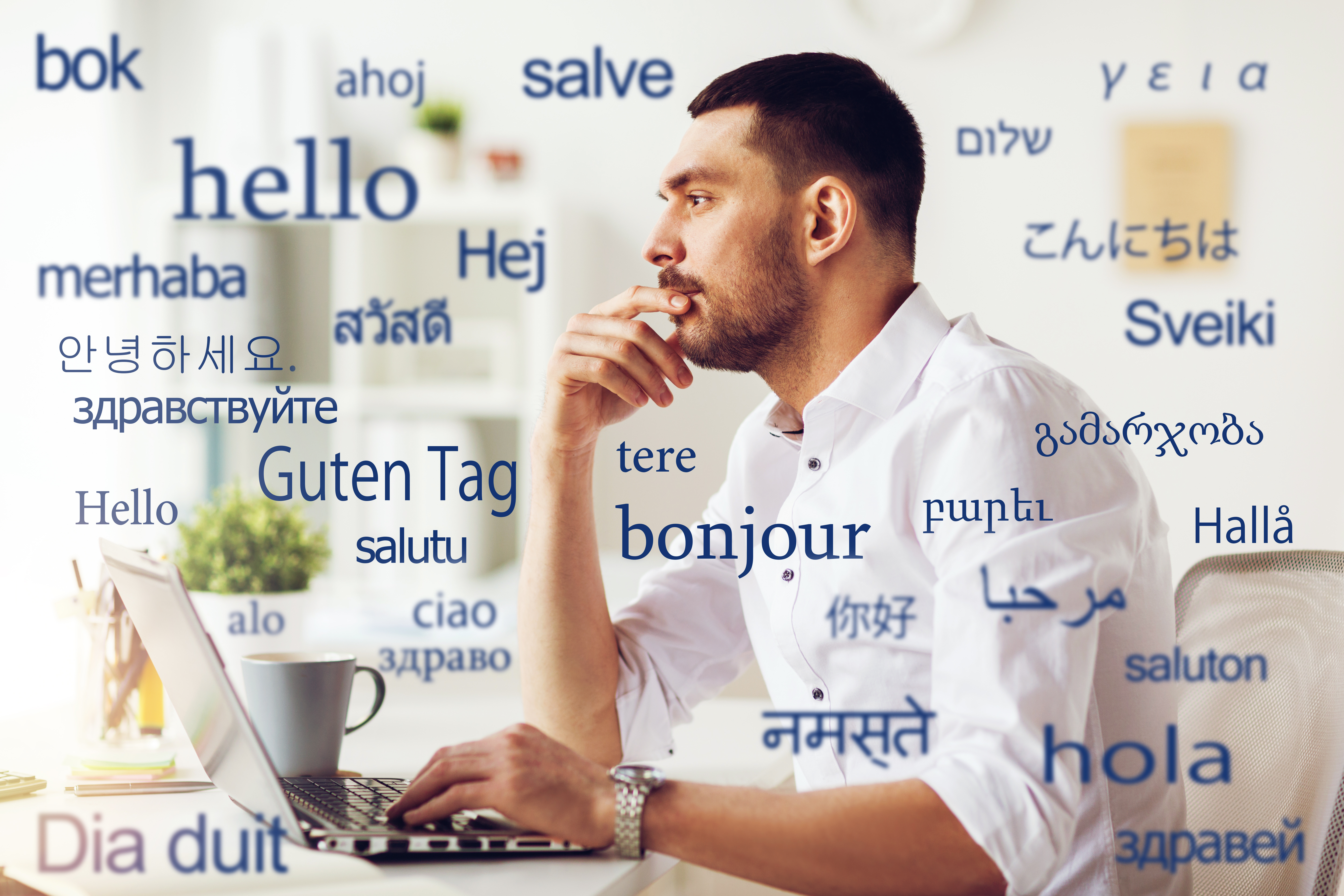
With American companies doing business around the world, there’s a good chance that your work-related travel may take you to a country where you don’t speak the language.
You’ll learn through your travels that English is taught in many schools abroad, and thus widely spoken in many tourist areas and especially in business settings. Still, it’s always a good idea to learn some words and phrases in the language of the country you’ll be visiting. Knowing a few key phrases can make it easier to get around in a new place, as well as help forge the human connections that will make your business trip a success.
While it might sound obvious, a good place to start is by learning to say “hello,” “thank you” and “how are you?” Another top phrase is learning how to ask whether someone speaks English. More likely than not, and especially if you’re in a major city, you may find that the person is fluent or understands enough to be able to offer you assistance.
Knowing how to say that you need help, or how to ask for the location of a restroom, can bring relief in many desperate situations. And while you’re at it, learn the word for emergency. If you have dietary restrictions, including allergies to certain foods, learn how to convey that information. It may help to have someone write the restrictions on a card in the local language.
Memorizing the numbers, especially one to 10, can be useful if you have to give an address to a taxi driver, or if you want to know how much something costs. Also, learn a few simple direction words, such as left, right and straight ahead. Also know how to ask where something is located.
If you know a little of the language from school, this is a great opportunity to access that muscle memory and give it a good workout. Just remember that talking to a native speaker of a language can be more difficult than conversing with your high school or college classmates. It’s fine to say that you don’t understand, or to ask the speaker to slowly repeat what he or she said.
No one will expect you to be fluent, but politeness is appreciated no matter where you go in the world. Learning to how to say “please” and “thank you”, “I’m sorry”, “excuse me”, and “pleased to meet you” will set a great tone for your business trip. It sends a signal to the people you meet, including colleagues and potential clients that you value their culture enough to learn a little bit of their language. Don’t forget “good morning”, “good evening”, “hello” and “goodbye”.
Of course, tools to help you expand beyond these phrases are as close as your smartphone. There are several free language-translation apps you can download. Duolingo offers lessons in vocabulary and sentence construction. Google Translate lets users type words and phrases in English and find the equivalent in dozens of languages.